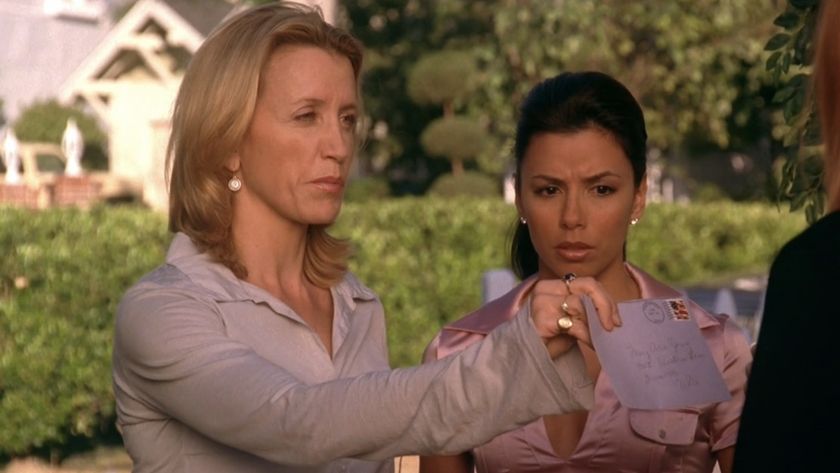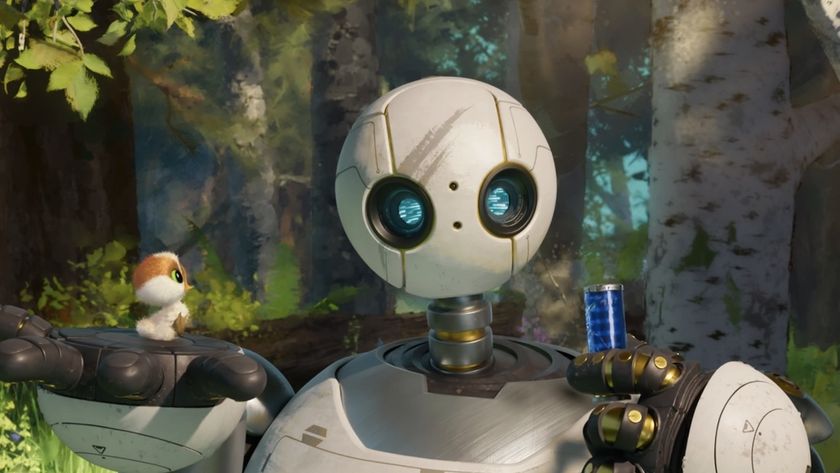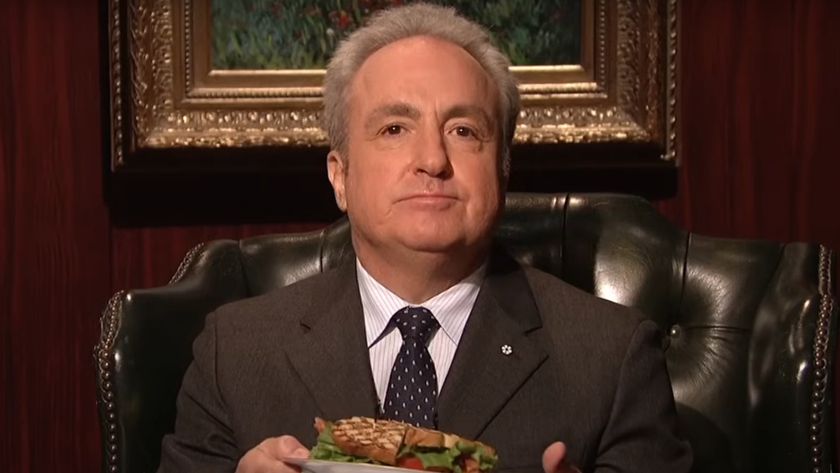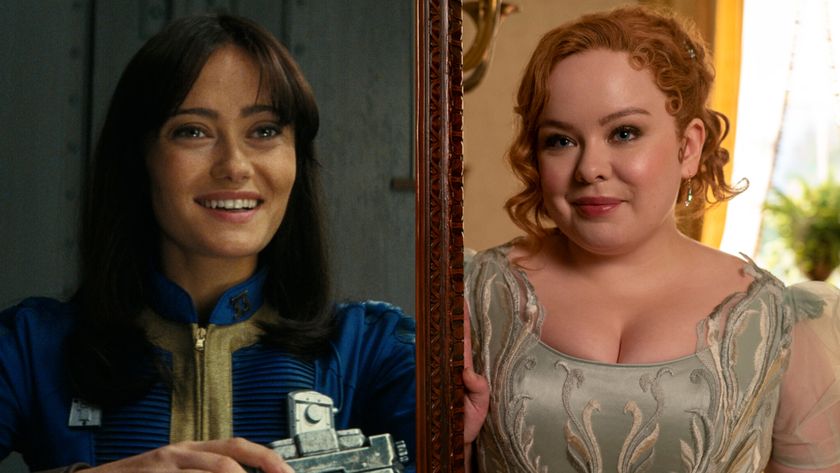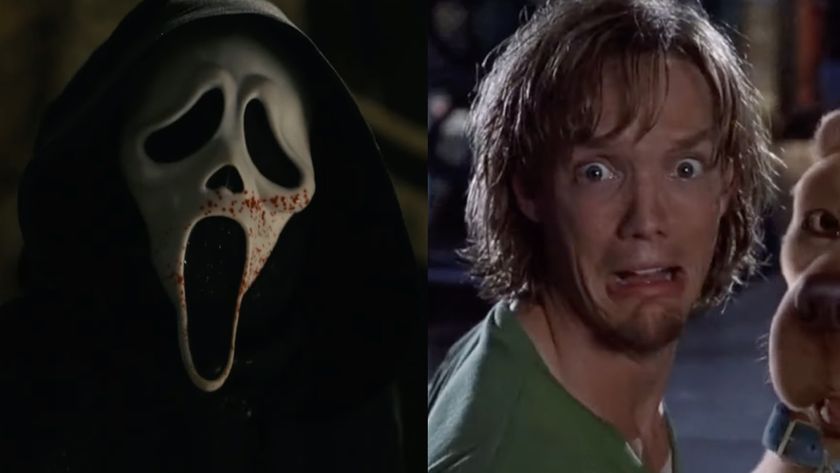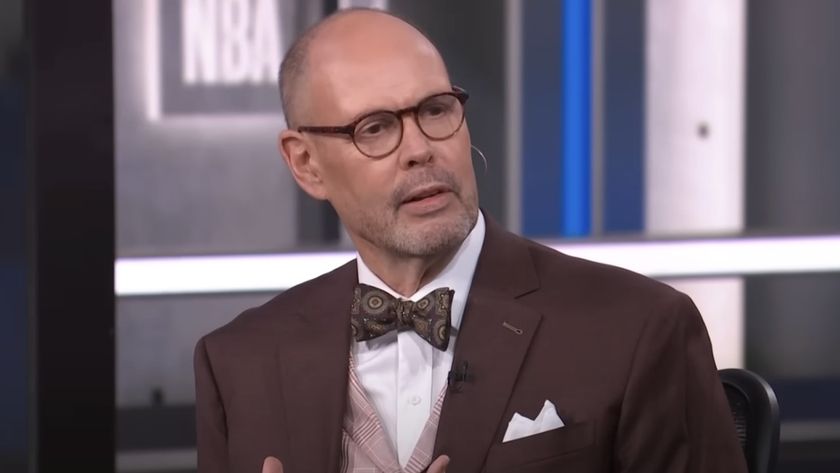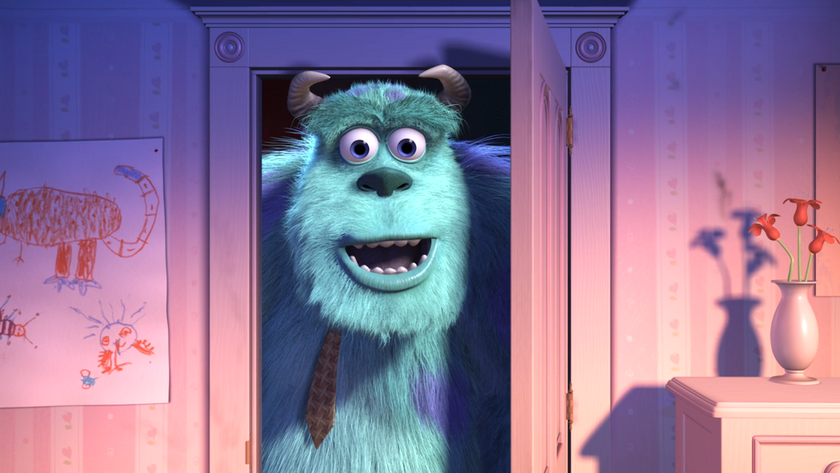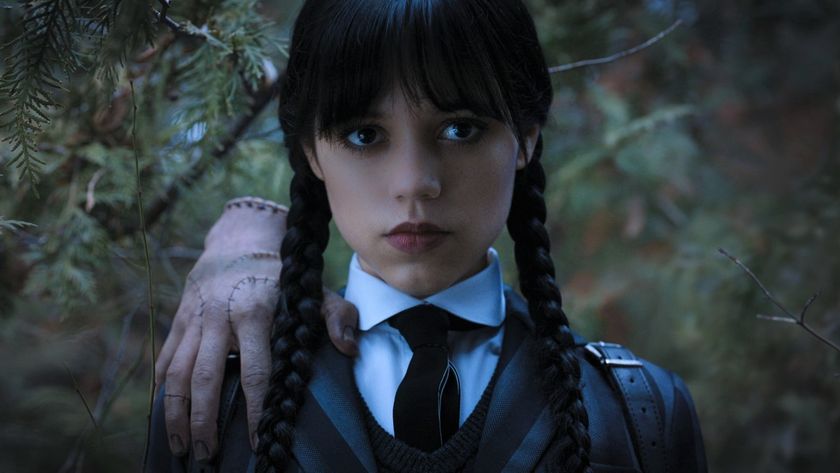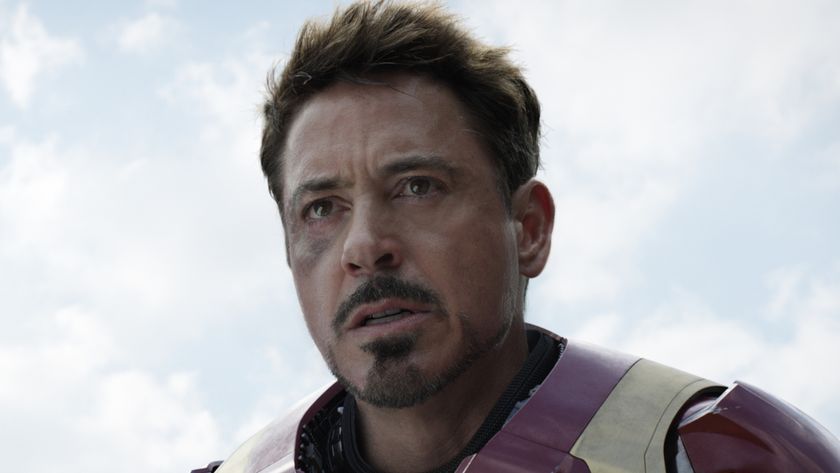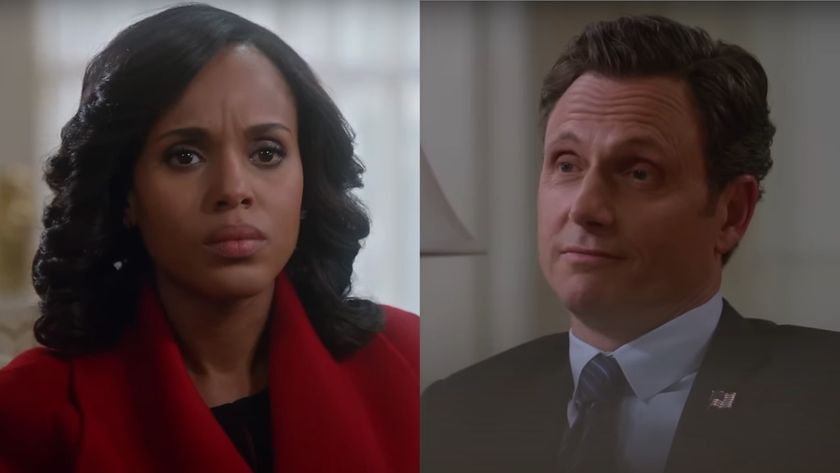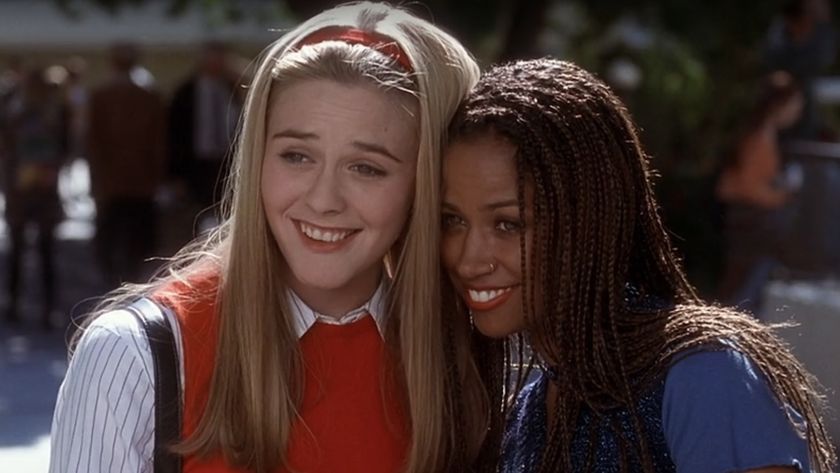Divergent: 10 Big Differences Between The Movie And Book

The society author Veronica Roth created in Divergent is a complicated one, with five very different ideologies pieced together to create factions of humans who dress together, eat together and don’t really have much in common with outsiders. There is abnegation, a faction of selfless individuals who look to help others and run the government. Erudite is for the smarty pants. Candor is for the honest. Amity, the lighthearted and Dauntless is for the brave and selfish, the protectors of the city. It’s where our heroine, Beatrice, wants to be, but does she really fit in?
Director Neil Burger’s big screen take on Veronica Roth’s story does diverge in some ways, but often attempts to keep the integral portions of the novel intact, changing details and dialogue to suit its own needs and whims. The biggest changes then, mostly stem from Lionsgate’s need to keep the movie at a PG-13 level when some of the dystopian content from the book is harrowing and ultimately unsettling. Most of the changes work, but fans of the novel might be a bit surprised when they first watch certain scenes play out.
Following are the ten biggest changes I noticed in my screening of Divergent. Feel free to remark on any changes you feel may have been more noticeable. There are many spoilers in the Divergent book to movie comparison. Do not delve in if you want the film to be a surprise.
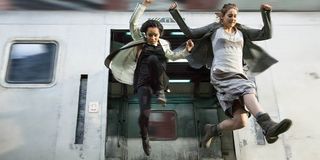
No one fails out of Dauntless on the first day. While Burger’s vision still makes it clear that Dauntless is a tough faction, there are no recruits who become factionless. Additionally, there is no recruit who misses the building and plummets to her death.
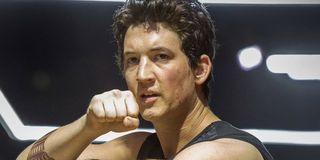
Peter is less vicious and adds a tinge of humor to the movie. In the novel, he is a monster, cheating and using violence to ascertain his high ranking in Dauntless. At one point, he even stabs another trainee in the eye to keep his place in the rankings. In the movie, he is still despicable, but he has humor and an attitude that makes him a more complicated villain.
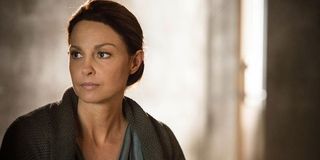
There is more division between the factions. Assumedly to highlight the fact that the factions live very separate lives, we don’t get to see them interact much. Tris doesn’t spend time at school with other factions and when her mom visits, it is shown as a dangerous, secret act rather than one committed openly and deliberately.
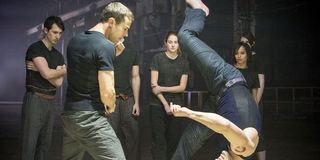
There is less fighting in the pits. While the Divergent movie does a good job of explaining how new faction members will live and die by their rankings, we are less clued in to the absolute violence in the pit. Additionally, we don’t get to see what most of Tris’ friends, foes and companions are capable of in the ring.
CINEMABLEND NEWSLETTER
Your Daily Blend of Entertainment News
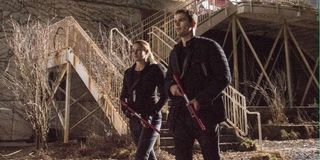
Tris’s projection from near-failure to Dauntless success is streamlined and changed. We only get to see the young woman fight once or twice, and at one point she is even told her tenure in Dauntless is over. Tris manages to magically redeem herself during the capture the flag game when she, not Christina, holds up the flag.
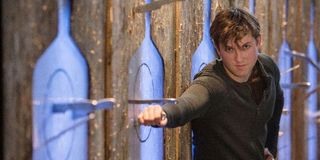
Al’s betrayal is pretty sudden. In the novel, we know that initially he felt protective of Tris and even had a desire to date her. In the movie, we know Al and Tris hang around with one another, but his involvement with Peter and his cronies comes a little more out of left field.
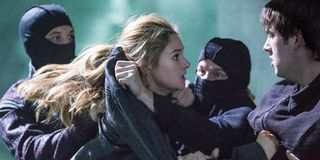
Speaking of betrayal, Tris’ near-death experience with Al, Peter and the gang is tamed quite a bit. Peter never feels her up, making comments about her body and toying with the possibility of a rape along with the murder. It makes it easier to see Peter and Al as human beings instead of monsters.
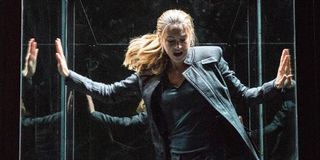
Tris’ final simulation is different. Evan Daugherty and Vanessa Taylor’s script helps to explain the danger Tris is in going into her final test to join Dauntless. Just as in the book, Tris gets some help from Four going into the final. However, in the film, the two uncover more practical ways (fire, etc.) to beat the birds and the glass box that capably keep Tris’ divergent behavior hidden.

Erudite Jeanine is present when Tris and Four square off at the end. After beating the new version of her serum, they force the woman to shut down the program controlling the Dauntless. This should give the viewers a little more satisfaction, since moviegoers will get to see the villain fail.
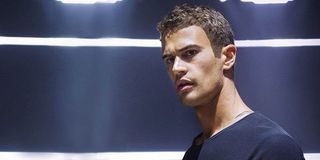
Four shows his father kindness at the end of the movie. It’s a small moment, but instead of Tris showing Marcus disdain, Four helps his father onto the train. This illustrates that even though Marcus and his beatings instilled fear in Four’s mind, he is still willing to show a little abnegation and help his father to survive. The move makes Four seem like even more of a hero.

Jessica Rawden is Managing Editor at CinemaBlend. She’s been kicking out news stories since 2007 and joined the full-time staff in 2014. She oversees news content, hiring and training for the site, and her areas of expertise include theme parks, rom-coms, Hallmark (particularly Christmas movie season), reality TV, celebrity interviews and primetime. She loves a good animated movie. Jessica has a Masters in Library Science degree from Indiana University, and used to be found behind a reference desk most definitely not shushing people. She now uses those skills in researching and tracking down information in very different ways.
